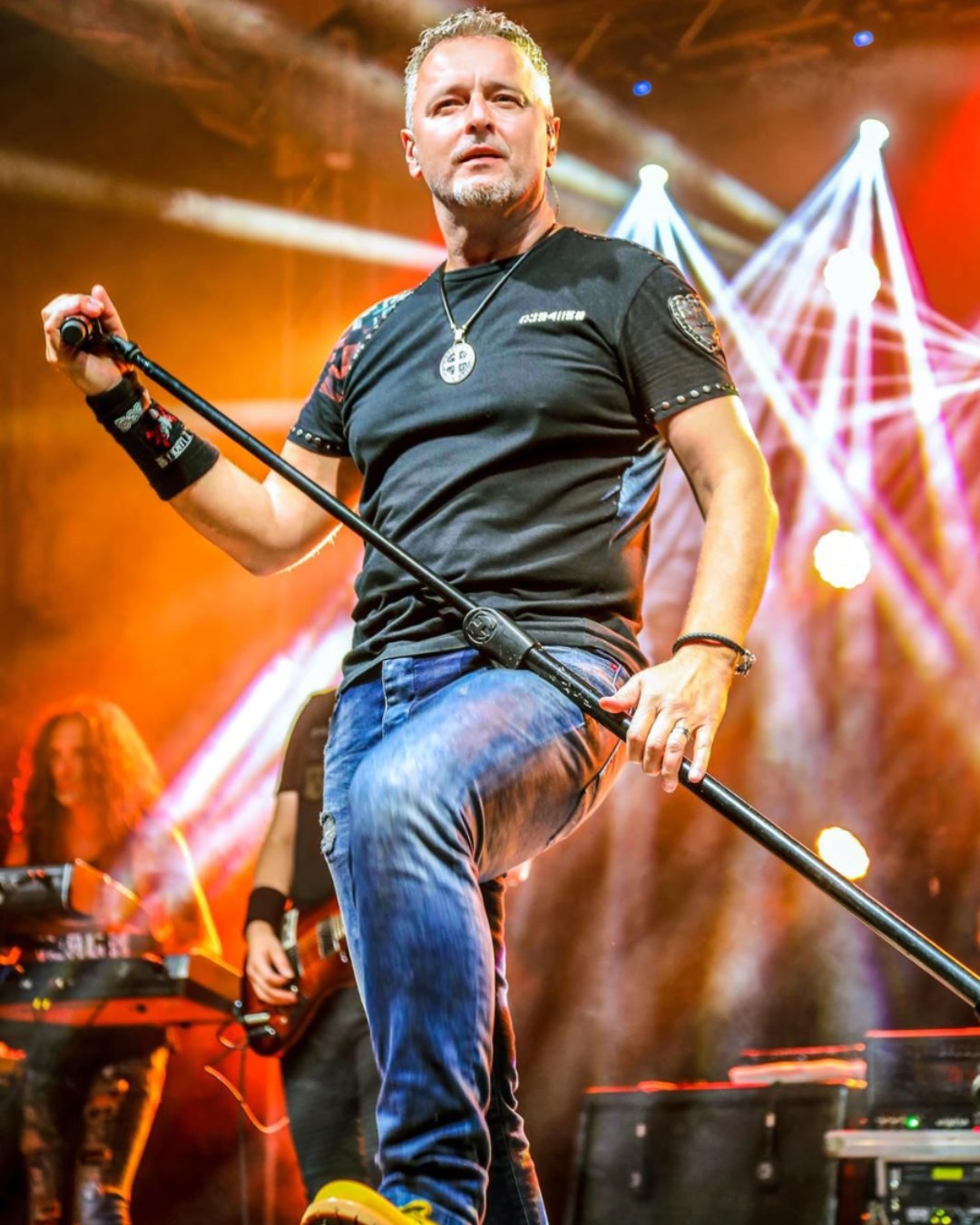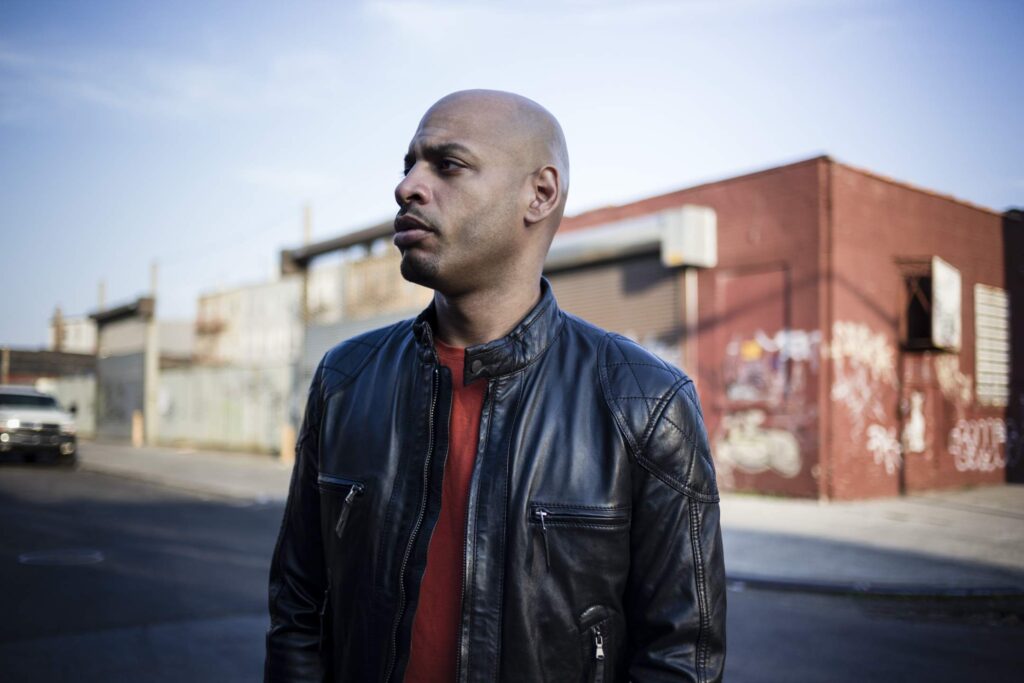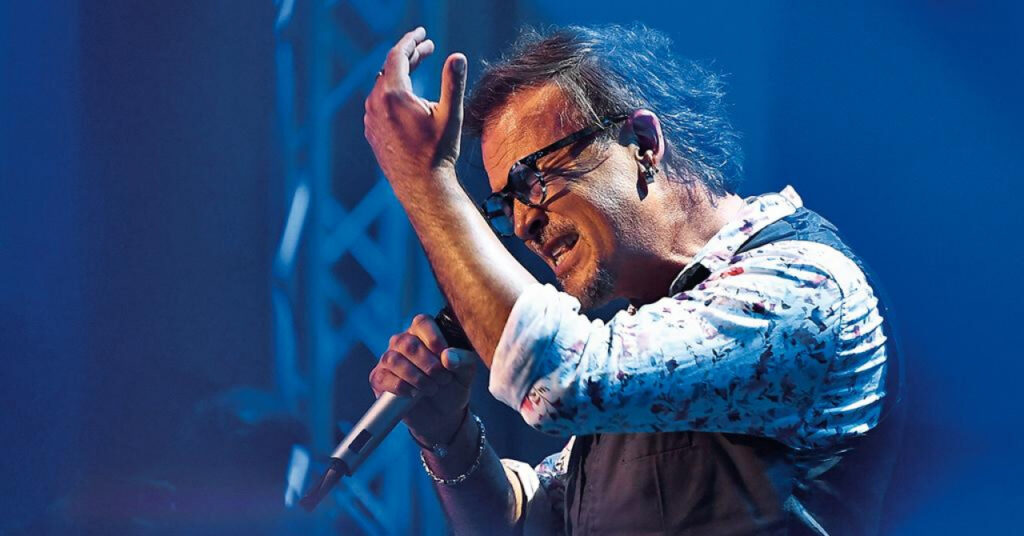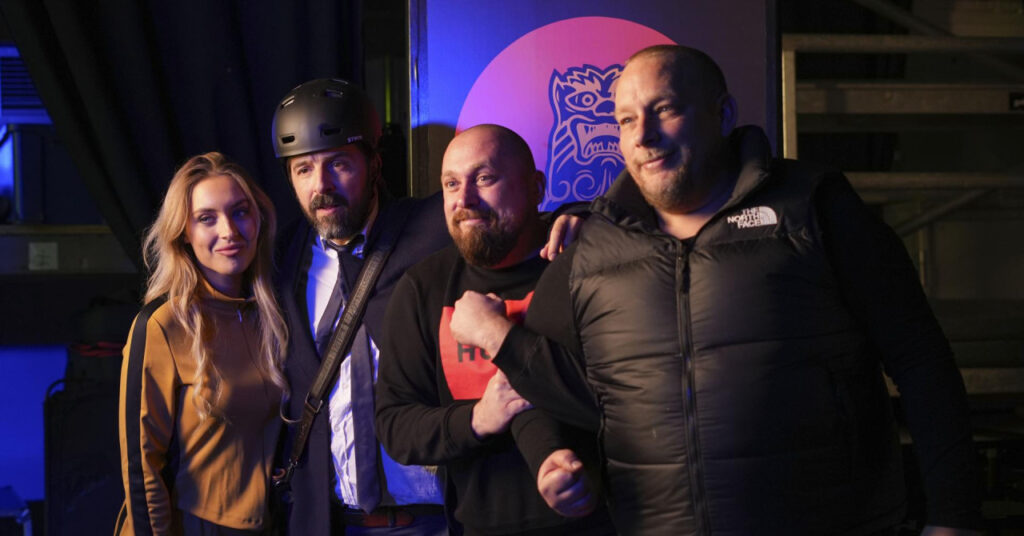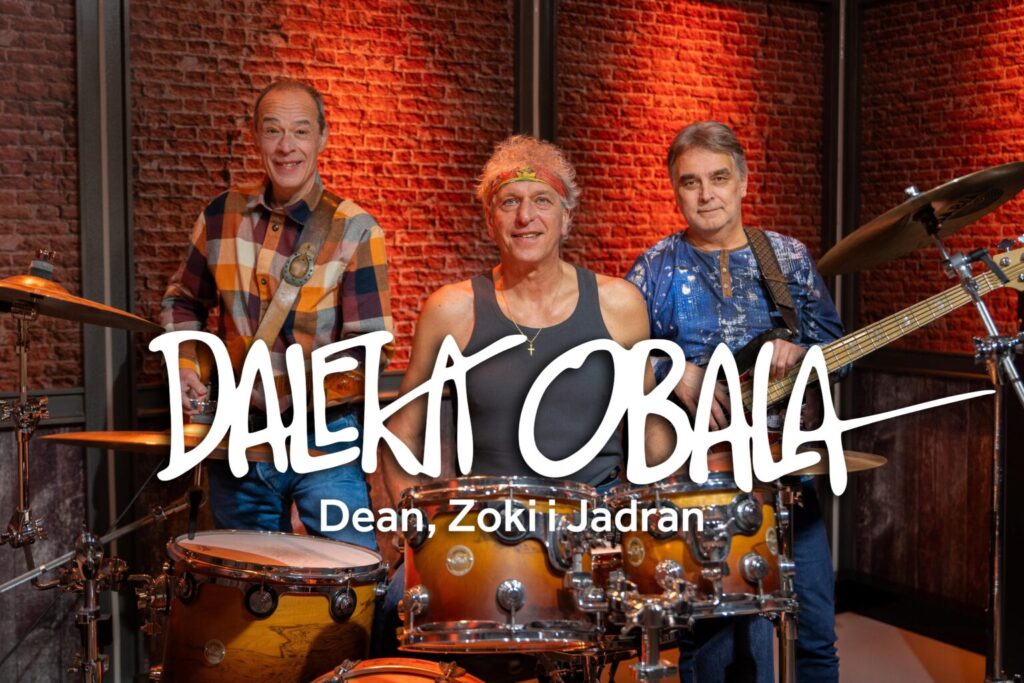Mark Perković Thompson‘s mega-concert at the Zagreb Hippodrome, scheduled for July 5, 2025, is a historic musical spectacle that has already set world records. Tickets for the event sold out in a record 24 hours, making Thompson’s concert the best-selling concert in the world. This surpasses the previous record set by Italian musician Vasco Rossi in 2017.
The best-selling concert in history
More than half a million people are expected, making it the most prominent music event ever held in this area. The concert should include top productions with world standards, pyrotechnics, light effects, and surprise guests.
The Zagreb Racecourse has already proven itself as a place for large gatherings. It hosted legendary concerts such as Rolling Stones (1998), Metallica (2010), Red Hot Chili Peppers (2012), and Ed Sheeran (2024), which attracted tens of thousands of visitors. In addition, the Hippodrome hosted mass events such as the mass of Pope John Paul II. and Benedict XVI, which gathered hundreds of thousands of believers.
Thompson’s concert continues the tradition of significant events at the Hippodrome and sets new standards for the music industry in Croatia and beyond. Its popularity and ticket sales testify to the massive interest of the audience from the region and abroad, turning Zagreb into the epicenter of cultural events this summer.
What does this megaconcert represent?
Thompson is known for often emphasizing patriotic values through his music, which makes him a symbol of the right-wing political option in Croatia. His concerts frequently gather people with similar values, such as faith, family, togetherness, and the truth about the Homeland War, which can be interpreted as political mobilization.
Controversy surrounding Thompson’s songs, including chants like “Ready for Home”, further polarizes the public. Critics accuse him of glorifying Ustatism, while fans see him as an authentic representative of patriotic emotions.
The concert at the Hippodrome gathered hundreds of thousands of people, which indicates Thompson’s significant social influence. This event becomes an opportunity to articulate a collective identity based on patriotism, which remains the dominant emotion in Croatian society.
Younger generations increasingly accept Thompson’s music as an expression of love for their country, further strengthening his position in the cultural and political space.
The half-million visitors question whether the right can use this event politically to consolidate its voters. Thompson’s popularity indicates the potential for mobilizing large numbers of people around shared values that currently have no clear political representative.
Gathering at Thompson’s concerts is divisive
Thompson’s concerts have historically been used as platforms for political messages and gathering of right-wing sympathizers, such as the Knin concert 2015, which was considered HDZ’s largest pre-election rally.
Critics from anti-fascist circles warn of the harmful messages some see in Thompson’s music, while his fans consider the controversies to be exaggerated or contrived.
Even though he allowed this concert, Tomašević is indeed eating himself alive. Tomašević is against everything this country represents, and banning the concert would lead to his downfall on the political scene. Tomasevic would prefer to restrict this concert, but he can’t.
The decision to ban the concert would probably deepen the divisions between political options in Croatia. Thompson’s audience, which often associates him with patriotic values and a right-wing political orientation, could interpret the ban as an attack on freedom of expression and patriotism. The ban could catalyze the mobilization of right-wing groups, using the situation for a political campaign against Tomašević and his party—Možemo!
Tomašević stated earlier that he is not a supporter of bans because he considers them counterproductive. Had he decided to ban the concert, he could have faced accusations of political bias, while his opponents would have used the situation to criticize his policies. Also, concert organizers could seek legal protection or alternative locations for holding the event.
Criticisms also came after the handball players were welcomed on the main square in Zagreb
Thompson’s appearance sparked debate on social media, with some citizens expressing displeasure at his participation while others supporting his presence as a symbol of patriotism.
Croatian Radio Television was also criticized for its handling of this topic. In the show “Kod nas doma,” host Nevena Rendeli read an analysis of artificial intelligence that suggested that avoiding controversy could better unite the public around sports success, which caused further controversy.
To all that, she reacted mockingly to the welcome. Calling someone stupid and insulting the organization because Thompson should not have been part of the reception is, to put it mildly, boring. They forgot their ideology, which was much worse than the one they spoke against.
Finally …
Thompson’s music is often criticized for its association with controversial historical themes, including Ustasha symbols and ideology. While the right considers him a patriot, the more liberal parts of society see him as a figure who normalizes extreme political views.
Sociologists emphasize that the Thompson phenomenon is not only musical but also socio-political. Its popularity among young people indicates the strong influence of nationalist narratives on shaping the identity of new generations in Croatia.
The concert attracted visitors from all over Croatia and abroad, almost filling the accommodation capacities in Zagreb. Tourism, catering, and related services are expected to contribute significantly to the economy. Tickets were sold out in record time, and 30 to 50 euros prices made them accessible to a broader audience.
Whether you liked him or not, whatever you consider him to be, he relaunched the patriotic movement and the awareness of the importance of loving one’s country.

